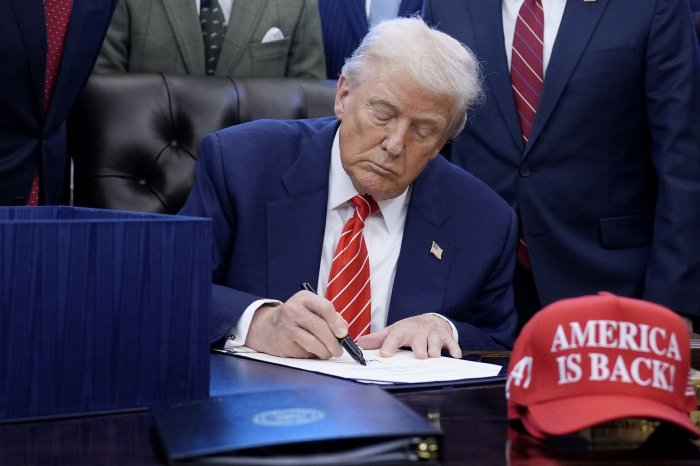U.S. sends warship to Haitian capital ahead of government transition
Feb. 4 (UPI) — The United States has sent a warship to Port Au Prince, Haiti, ahead of the Haitian government’s transition to new leadership on Saturday.
The USS Stockdale arrived off the coast of Haiti on Tuesday, U.S. Southern Command said on X. It joins two U.S. Coast Guard ships already in place: the USCGC Stone and USCGC Diligence.
“Their presence reflects the United States’ unwavering commitment to Haiti’s security, stability and brighter future,” U.S. Southern Command said in a post.
On Saturday, Haiti’s Transitional Presidential Council’s mandate is scheduled to end, giving way to the installation of new elected leaders. However, it remains unclear who the country’s new leaders will be as a president has not been elected.
Discussions continue over what is next for Haiti after the council voted to oust Prime Minister Alix Didier Fils-Aime last week. Three of the five council members were then sanctioned by the United States over attempting to remove Fils-Aime.
Antoine Rodon Bien-Aimé, former member of Haiti’s Lower House of Deputies, said in an interview that all members of the council must step down. The council has agreed with some members explicitly saying they will step down, though other members have continued to be involved in discussions about the government transition.
The council has been in place since 2024 to lead the country until a new president is elected. Haiti is set to hold elections in the summer but gang violence threatens the process.
“Their time is up. They did not give results,” Bien-Aimé said. “They did not respect their accord, what they signed. They have to leave. This is why we were present and will be present to continue to ask for their departure.”



